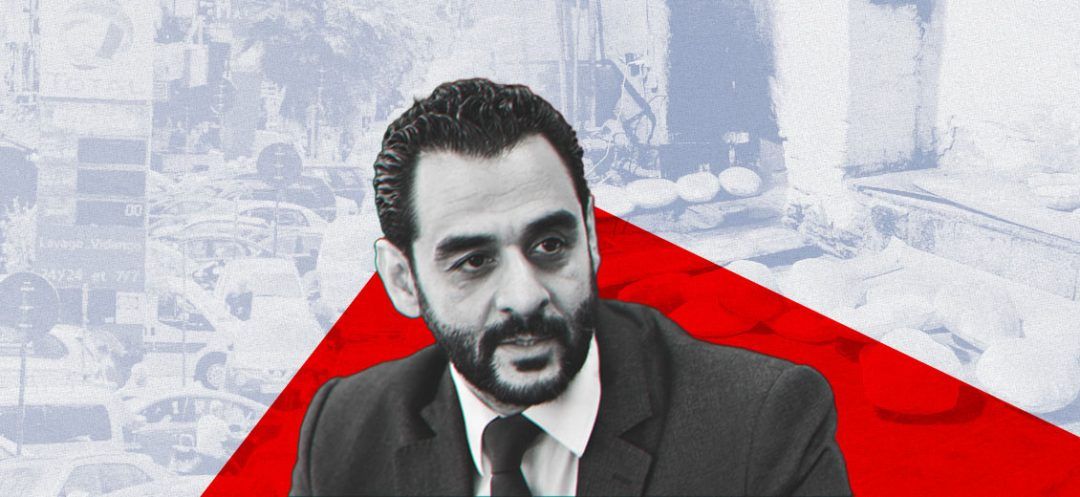
The fear of shortages of all kinds has caught up with the entire Lebanese population amid the intensification of Israeli strikes and the widening conflict between Israel and Hezbollah.
On Monday, people began rushing to gas stations, bakeries, supermarkets, and pharmacies.
However, the presidents of various unions, as well as the Ministry of Economy, are trying to reassure everyone, confirming that different products are available. So, no need to panic!
With the risks of further deterioration of the situation in Lebanon and an intensification of Israeli strikes, Lebanese people fear running out of essential goods and medicines. The Director General of the Ministry of Economy, Mohammad Abou Haidar, is reassuring and confirms to This Is Beirut that food stocks are sufficient for three to four months, and wheat stocks for two to three months.
He states that “there is no reason to panic or stockpile products, and as long as maritime routes remain open, food supplies will be available.” He also notes that prices will remain stable. The president of the millers’ union, Ahmad Hoteit, assures This Is Beirut that deliveries are proceeding normally. “Wheat is being delivered, and quantities meant for regions that are inaccessible are being sent to other areas,” he says, adding that the available wheat stocks are sufficient for at least two months.
The president of the bakers’ union, Antoine Seif, echoes this sentiment, confirming that bakeries are operating normally, that millers have 40,000 tons of wheat, and that bakeries have sufficient stocks as well. He mentions that ships carrying wheat are expected to arrive in Lebanon this week.
Regarding food products, Nabil Fahed, president of the supermarkets' owners union, tells This Is Beirut that no products are missing from the shelves and that distributors have delivered goods as usual, emphasizing that prices remain unchanged. However, he admitted that on Monday, supermarkets in several regions were overwhelmed, especially in Saida, Jnah, Aley, and the Chouf, but today the panic has subsided, even though supermarkets are still seeing some crowds.
Hani Bohsali, president of the imporIers of food products union, believes there is no need to panic since “the food stocks available in Lebanon are sufficient for at least three months, even if the port and airport were to close.”
He explains that there are no issues regarding the first factor of food security, noting that goods are not stored in a single location.
Bohsali does express one concern: a radical deterioration of the situation and blocked roads. At that point, even if the goods are in warehouses, neither the importer will be able to distribute them, nor will citizens be able to access shops.
Regarding medicines, Joe Ghorayeb, president of the medicine importers union, tells This Is Beirut that they are available for an average of five months.
“Pharmacies and hospitals have medicines for one month, and distributors have supplies for four months,” he specifies. He also highlights that the necessary medicines for treating war injuries are available for four months, as long as the situation remains unchanged. Ghorayeb does reveal, however, that Lebanon could face problems “if air traffic remains disrupted, causing delays in deliveries, and serious issues if the port and airport were to close.”
On the fuel front, Maroun Chammas, president of the Association of Oil Importing Companies, assures that “gasoline stocks are sufficient for about 25 days, considering what is stored in depots and with consumers.” He emphasizes, however, that consumption should remain normal without consumers needing to rush for gasoline and that maritime routes remain open to allow for the unloading of cargo.
Read more



Comments